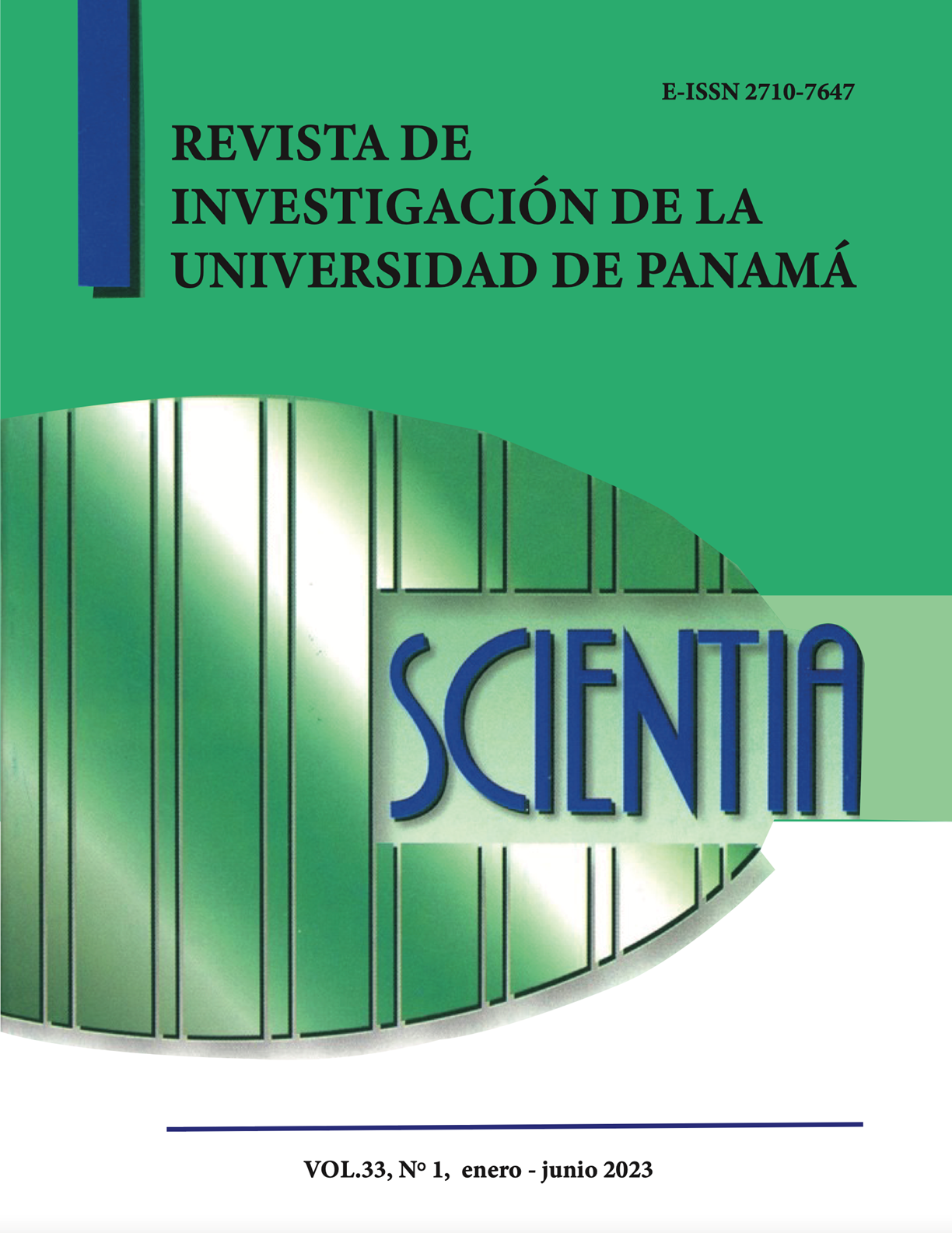
Artículos
Vol. 33 No. 1 (2023): Scientia


This work is licensed under a Creative Commons Attribution-NonCommercial-ShareAlike 4.0 International License.
Leishmaniasis is a vectorial disease caused by protozoa of the genus Leishmania that affects macrophage cells of the host. Clinical complications and treatment failures have been related to the presence of a double-stranded ribonucleic acid virus of the Totiviridae family. Leishmania virus 1 is found exclusively in the New World and Leishmania virus 2 in the Old World. The virus is known to interact with Toll-like receptor 3 on host cells to stimulate the production of proinflammatory cytokines that result in on disease severity and parasite survival. This short review explores what has been observed and studied about leishmaniavirus from a historical and immunological perspective.
Este obra está bajo una licencia de Creative Commons Reconocimiento-NoComercial-CompartirIgual 4.0 Internacional.
